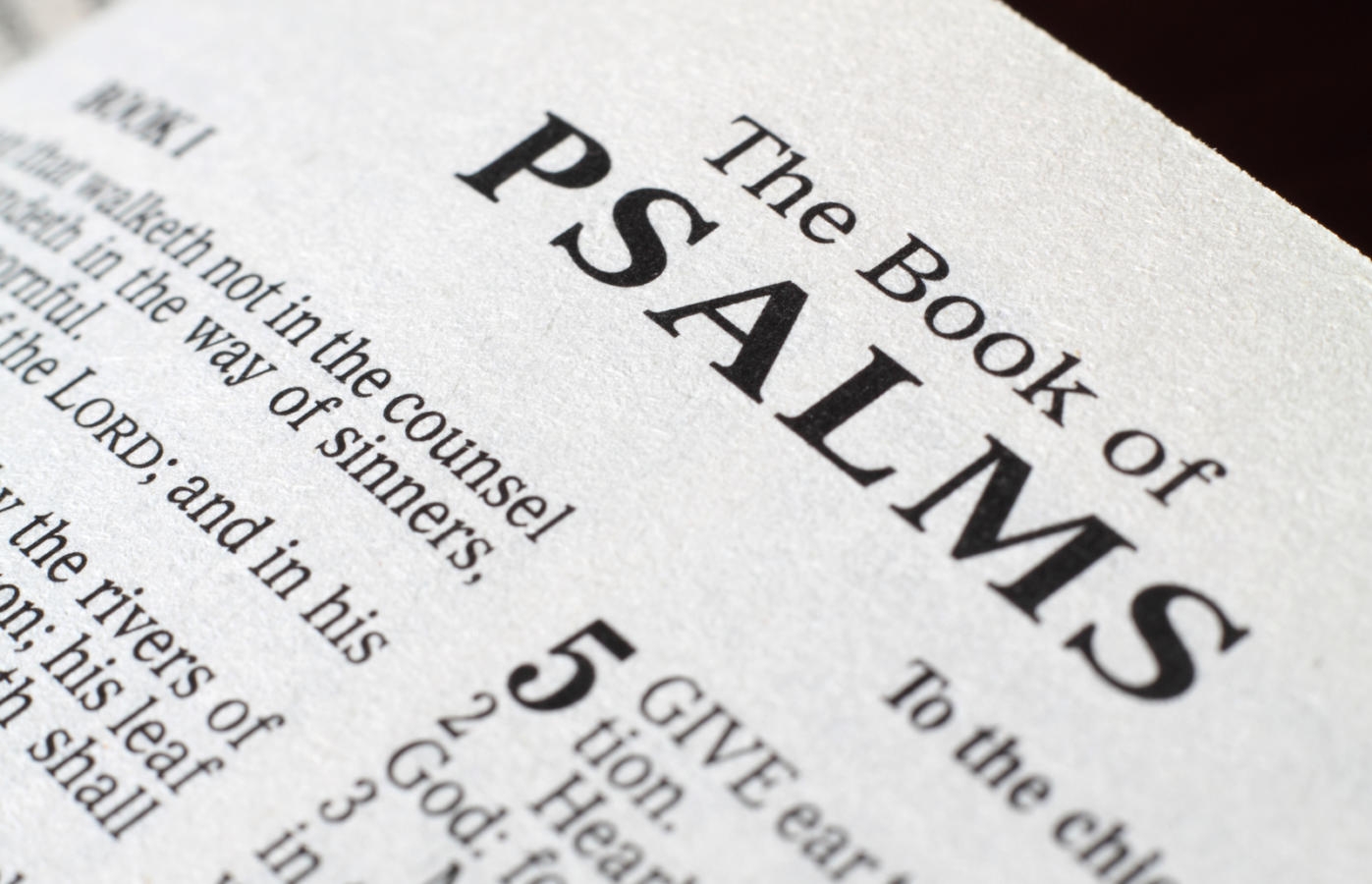Psalm 90 is not a happy psalm, but a painful complaint to God. In the psalmist’s anguished assessment, life is short and difficult, inevitably ending first in pain, and then in dust. And the cause of all this misery is God’s perpetual anger with us, the result of our intractable sinfulness and irremediable corruption.
So we are consumed by Your anger, terror-struck by Your fury.
You have set our iniquities before You, our hidden sins in the light of Your face.
All our days pass away in Your wrath; we spend our years like a sigh.
The span of our life is seventy years, or, given the strength, eighty years; but the best of them are trouble and sorrow. They pass by speedily, and we are in darkness.
This is the kind of complaint we might think a truly religious person would never make, certainly not out loud. Yet not only is it included in the Book of Psalms, but Psalm 90 is also at the heart of the extended Pesukei d’Zimra we recite on Shabbat morning, sandwiched between a series of other psalms extolling God’s greatness and beneficence.
Why is this psalm included in our weekly prayers? Presumably because it is something all of us have desired to express at various points in life. None of us escapes those moments in which God’s universe feels like an indifferent, punishing place, a place plagued by inexplicable tragedies and misery, a place where we are forced to expend the lion’s share of our already short sojourn simply working to put food in our mouths and clothing on our backs. A place where human corruption and iniquity give God more than enough reason to rage against us.
So we need to be reminded regularly that it’s OK to feel the pain and to lodge the complaint. In fact, it’s more than OK. It’s a sign of being religiously alive. Just ask Moses, to whom Psalm 90 is ascribed.

Help us keep Jewish knowledge accessible to millions of people around the world.
Your donation to My Jewish Learning fuels endless journeys of Jewish discovery. With your help, My Jewish Learning can continue to provide nonstop opportunities for learning, connection and growth.
Still, we must ask: Why, of all days, do we choose Shabbat to recite this psalm? And having reminded ourselves of this perspective on the world, what are we supposed to do with it?
One option would be to reject it outright and adopt a much sunnier interpretation of life. But this is apparently not the approach that our liturgical tradition — the tradition that placed Psalm 90 smack in the middle of Shabbat morning services — had in mind. We are clearly intended to take some time on the one day of the week that we have for reflecting to grapple with Psalm 90’s perspective on life.
Fortunately, the psalmist himself gives us a clue. Beginning in the psalm’s 12th verse, he speaks of his belief that God blesses us with a particular way of seeing life so that it feels inviting, despite its disquieting realities. And he asks for exactly this blessing, this particular way of seeing:
Teach us to count our days rightly, that we may obtain a wise heart.
The psalmist is requesting the blessing of being able to see life in frames of 24 hours, to be able to “count each day rightly.” We all know that even when we are feeling dejected about the brevity and toil of life, we can still see individual days as possessing genuinely meaningful potential. On any given day, we can surprise another person with a gesture of friendship. On any given day we can choose to engage a problem that on previous days we had simply chosen to ignore. On any given day, we can finally locate a sort of compassion, patience, or tolerance that we had never succeeded in locating before.
The fact is, any of the fulfilling things that we do in life stem from a decision we made on one given day. A day when we let the sometimes painful and futile-seeming nature of existence be superseded by the recognition of the genuine potential of the day we’re in. The capacity to do this, this kindness that God bestows, is the blessing upon which the psalmist hangs hope — and even the possibility of joy.
Satisfy us at daybreak with Your steadfast love that we may sing for joy all our days.
Give us joy for as long as You have afflicted us, for the years we have suffered misfortune.



